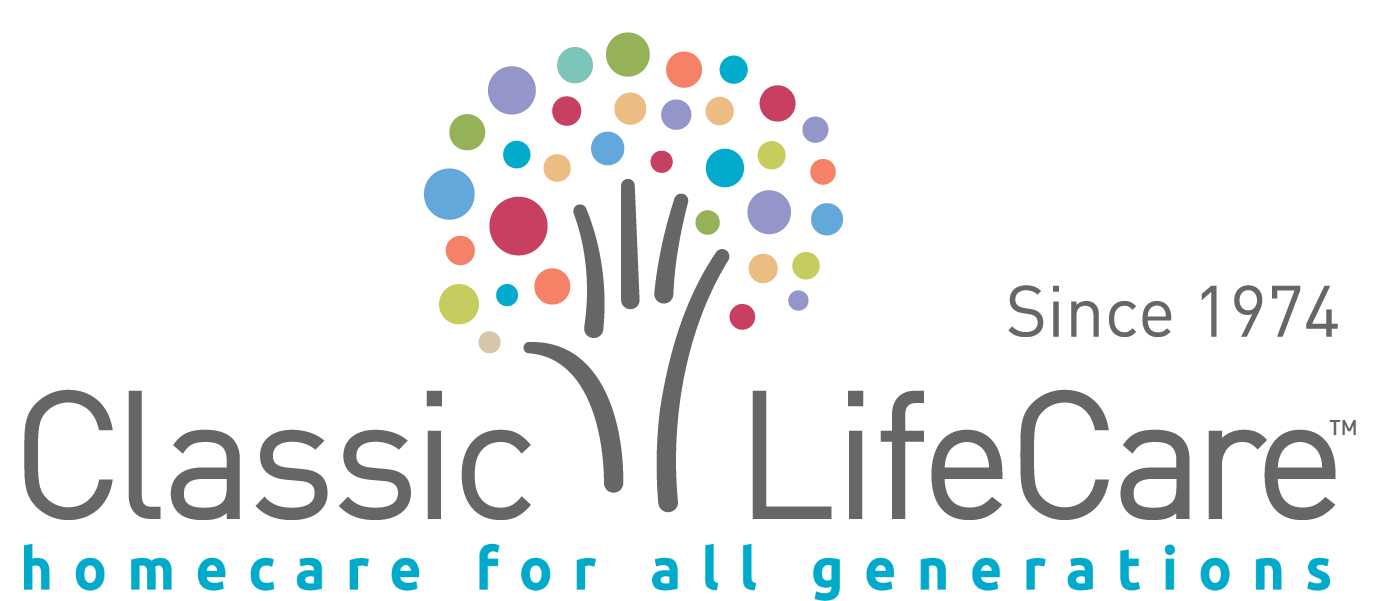
It is difficult to know when the right time is to access home care. Watching the health of a loved one deteriorate is challenging. Caring for them can also be exhausting when you have other family or work commitments. However, it is important to have a care plan in place to avoid any injuries or incidents in the home. Monitoring their behaviour and health status can help you to identify whether it is time to access home care.
6 signs it is time to access home care:
Forgetfulness
Forgetfulness is common among aging individuals however it becomes alarming when they are continuously forgetting tasks and commitments. Signs of forgetfulness include missing medical appointments and social events, forgetting to pay bills, and forgetting to take their medication. Forgetfulness is a symptom of Dementia or Alzheimer’s, which can be diagnosed by a medical professional.
It is time to access home care if you notice ongoing forgetfulness. Consequences of forgetfulness include medication misuse, severe weight loss or gain, and severe anxiety. Their personal safety is also at risk if they are wandering, forgetting to lock doors, turn off cooking equipment, or blow out candles.
Isolation
Aging is often associated with isolation and feeling lonely, especially if they have experienced a recent grievance. If you think your loved one is feeling lonely, you can ask about their day and how they are feeling. Alternatively, you may be regularly visiting your loved one however it is starting to impact your personal life and mood.
It may be time to access home care if you recognize these signs in yourself or your loved one. Home care companionship services can help your loved one feel less lonely and prevent your own personal burnout.
Poor Mobility
Reduced mobility is a natural part of the aging process. This may include poor vision, a decrease in muscle strength, fragile bones, and body weakness. You can monitor their movements to determine if they are struggling to walk independently and get up off a chair. Poor mobility can cause falls and a range of injuries, from bruising to fractures. If you think that their mobility is worsening, you can suggest that they use supports such as walking canes and strollers.
Home care is valuable for individuals struggling with their mobility. Caregivers can help with household tasks and assist them in walking around the home.
Poor Personal & Home Hygiene
You may have noticed a change in your loved one’s personal appearance or home. Perhaps they once took a lot of pride in their appearance and home, and now that has changed for the worse. This may be due to their inability to clean, do laundry, shower, or dress. You may notice they have a dirty face or clothing, body odor, poorly groomed hair, a cluttered kitchen, or overflowing rubbish bins.
Poor hygiene is an indicator that it is time to access home care as they need some personal support. Poor hygiene can cause a fall in the home and be a health hazard if appliances aren’t properly cleaned. Your loved one may also be embarrassed and anxious knowing they can no longer maintain their appearance or home.
Poor Nutrition
There are a variety of reasons why your loved one mightn’t be consuming enough nutrients. It is important to be proactive for the safety and wellness of your loved one. You should have or consider putting a plan in place so to prevent any consequences associated with poor health. Perhaps they are struggling to get their groceries or are no longer able to cook due to deteriorating health. everal diseases. For example, if someone has an inadequate protein intake then it can take longer for illnesses and wounds to heal.
To identify poor nutrition, observe whether there has been a change in their body weight. Ask them about their meal history and check the fridge to see if any products are spoil. If you believe that they are struggling with meal preparation, you can discuss the community services available. Oftentimes home care agencies offer meal preparation and housekeeping services.
Illness or Recovery
Resting during an illness or following a surgical procedure is pivotal. This is so your loved one can recover optimally and avoid hospital readmission. Home care services like housekeeping, meal preparation, personal care, and medication assistance could help during this period.
Access Home Care from Classic LifeCare
Classic LifeCare is a full-service home care agency with offices in Vancouver, Prince George, Comox, and Calgary. Our services include personal care, nursing support, complex care, 24-hour care, end-of-life care, foot care, pediatric care, housekeeping, and companionship. We are passionate about helping our clients thrive at home.
Learn more about our home care services.
Citations:
Top 10 Signs Your Loved One Needs Home Care (caringseniorservice.com)
20 Signs Your Parent Might Need Home Care | Know the facts (commhealthcare.com)
Recognize When a Loved One Needs Home Care | BrightStar Care






